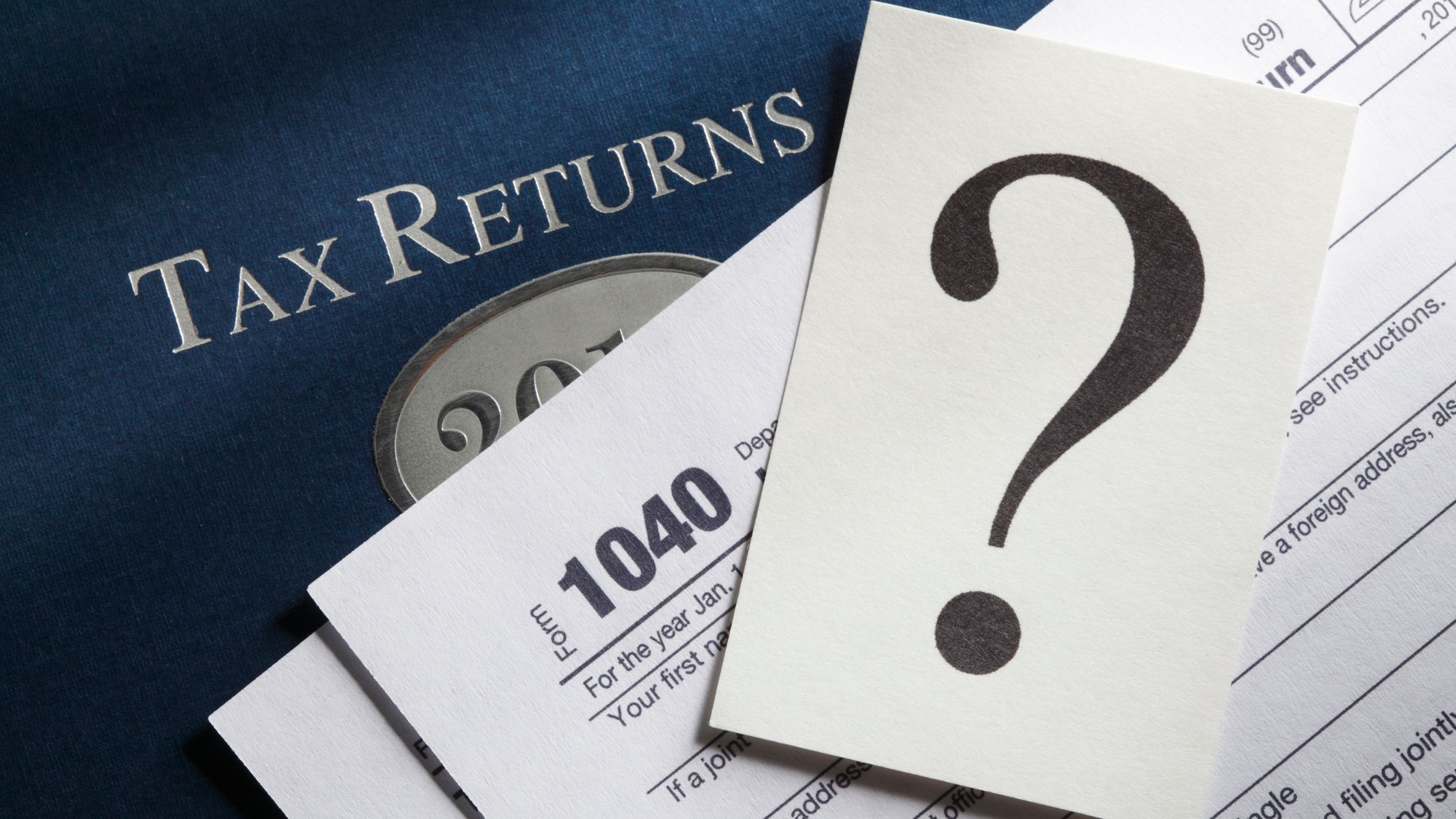
Most of the money you might receive as a personal injury settlement or jury award in Texas will be tax-free. This means damages received for medical expenses or for pain and suffering are not taxable.
Federal tax law exempts damages (other than punitive damages) received on account of personal physical injury or physical sickness, and Texas does not have personal income taxes.
Many people believe that compensation received in a personal injury settlement for lost income is taxable income. However, when this compensation is paid “on account of personal physical injuries or physical sickness,” it is exempt from taxes.
Upon recovery of a settlement or jury award, our attorneys will discuss with you any deductions from the total amount. We also advise all clients to confer with a qualified tax adviser or accountant about tax obligations after a significant recovery of damages.
Personal Injury Claim Damages Not Taxable in Texas
The Internal Revenue Code (IRC, or federal tax code) states that all income is taxable from whatever source derived, unless it is exempted by another section of the code.
IRC Section 104(a)(2) states that taxable income does not include … the amount of any damages (other than punitive damages) received, whether by lawsuit or settlement agreement and whether as lump sums or as periodic payments on account of personal physical injuries or physical sickness.
In Commissioner v. Schleier, 515 U.S. 323, 329-30 (1995), the Supreme Court of the United States said:
Consideration of a typical recovery in a personal injury case illustrates the usual meaning of “on account of personal injuries.” Assume that a taxpayer is in an automobile accident, is injured, and as a result of that injury suffers (a) medical expenses, (b) lost wages, and (c) pain, suffering, and emotional distress that cannot be measured with precision. If the taxpayer settles a resulting lawsuit for $30,000 (and if the taxpayer has not previously deducted her medical expenses, the entire $30,000 would be excludable… The medical expenses for injuries arising out of the accident clearly constitute damages received “on account of personal injuries.” Similarly, the portion of the settlement intended to compensate for pain and suffering constitutes damages “on account of personal injury.” Finally, the recovery for lost wages is also excludable as being “on account of personal injuries,” as long as the lost wages resulted from time in which the taxpayer was out of work as a result of her injuries.”
Personal Injury Settlements Taxable in Texas
The section of the federal tax code referred to above at IRC Section 213 is the rule that allows taxpayers to deduct their medical expenses from their income taxes. The reference in Section 104 cautions that if you suffer a personal injury one year and deduct your medical expenses for that injury that year, any compensation received in a subsequent year from a lawsuit settlement or award is not exempt from taxes and should be reported as income.
However, if your medical costs were spread over more than one calendar year and only a portion was deducted in the prior tax year, only a portion of your damages for medical expenses would be taxable.
To reiterate punitive damages in personal injury cases, also known as “exemplary damages,” are subject to taxation.
Punitive damages should be reported as “Other Income” on Form 1040, Schedule 1, Additional Income and Adjustments to Income.[CN1]
For a jury hearing a personal injury lawsuit in Texas to award punitive damages, it must have first awarded economic or non-economic damages. By “economic damages,” we mean money awarded for quantifiable monetary losses, such as for medical bills, lost income, and car repairs. Non-economic damages are for the plaintiff’s pain and suffering.
Then, the jury must agree unanimously that the injured person has proven with clear and convincing evidence that the defendant acted with malice, gross negligence, or fraudulently.
For example, a truck accident lawyer might ask a jury to award punitive damages if it had been established that the accident in question was caused by the truck driver’s intoxication behind the wheel and the trucking company knew the trucker had a history a drunk driving but kept the driver on the road anyway.
A punitive damages award may not exceed an amount equal to the greater of:
- Two times the amount of economic damages awarded plus the amount of non-economic damages awarded, not to exceed $750,000 or
- $200,000.
Settlement Agreements and Taxation of Personal Injury Damages
Most personal injury lawsuits are concluded with a negotiated settlement. While we account for all of the factors of a client’s economic and non-economic losses as we negotiate, a client ultimately agrees to a stated sum.
When we negotiate a settlement agreement, in some cases, we can have a tax provision written into the agreement to characterize the payment in a manner that results in its exclusion from taxable income. The IRS typically will not question or override the intent of the parties to a settlement agreement.
Get Legal Help From Our Experienced Personal Injury Lawyers in Dallas
If you have been seriously injured in an accident caused by someone else’s carelessness, a personal injury lawyer at Kraft & Associates, Attorneys at Law, P.C. can help you pursue fair compensation for your losses.

